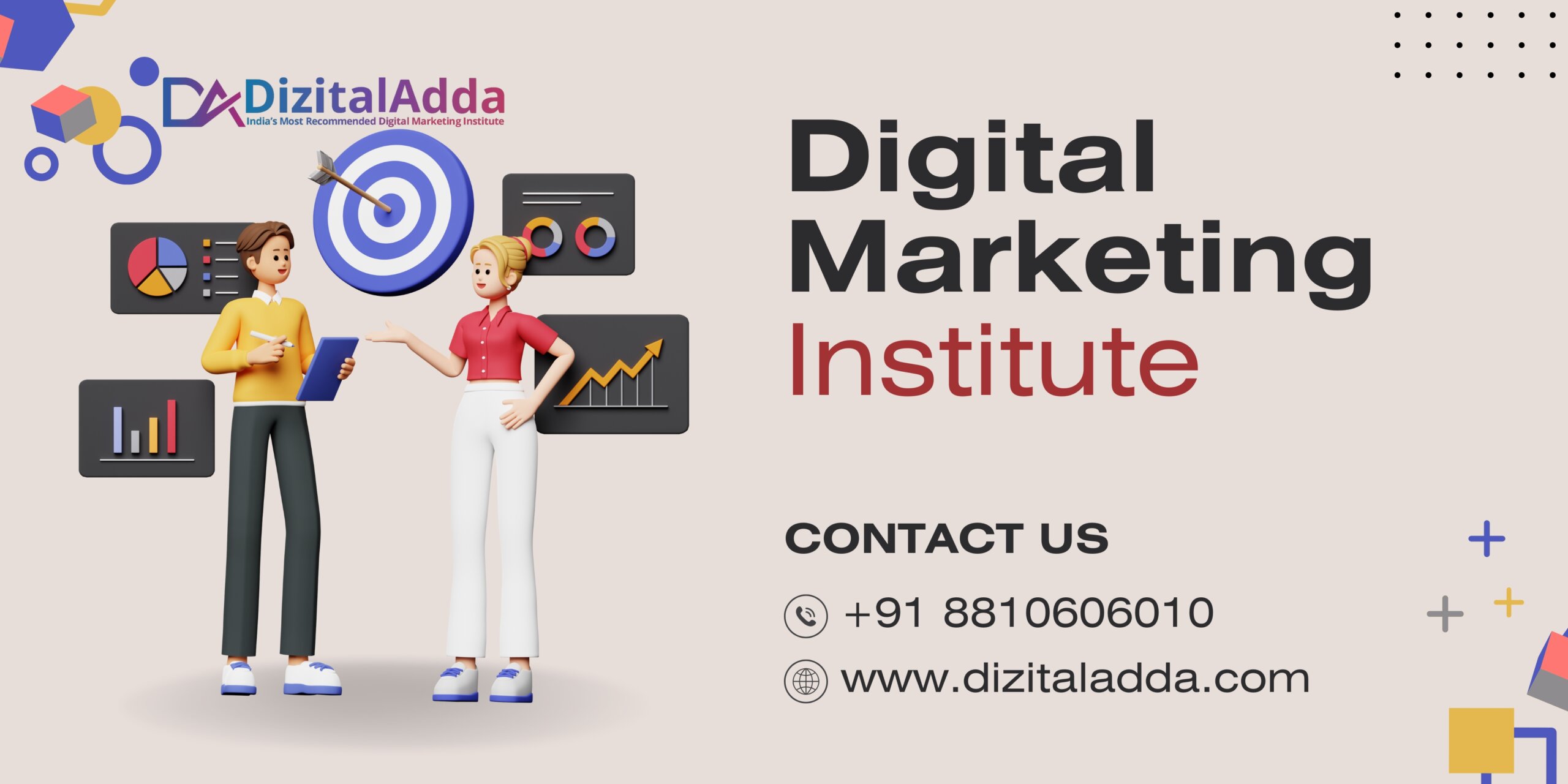Top 10 Digital Marketing Trends

Introduction
The digital marketing landscape in education is evolving at an unprecedented pace. As we enter 2025, institutions and edtech companies are reimagining how they attract, engage, and retain learners in a competitive and tech-savvy world. From hyper-personalized content to AI-driven campaign management, the latest digital trends are shaping the future of educational outreach. In this article, we’ll explore the top 10 digital marketing trends redefining the education sector in 2025—offering insight into what’s driving success and how educators can stay ahead.
AI-Powered Personalization
Artificial intelligence has become the backbone of modern marketing strategies in education. In 2025, AI is no longer just a tool—it’s a full-fledged strategist.
- Personalized learning paths: AI tailors content and marketing messages based on user behavior and preferences.
- Predictive analytics: Institutions can forecast student needs, dropout risks, and content interest to refine campaigns.
Why it matters: Personalized experiences increase engagement, reduce bounce rates, and improve lead conversion.
Voice Search Optimization
With the surge in smart speakers and voice assistants, voice search is influencing how students find educational content.
- Conversational SEO: Institutions are optimizing for natural language queries like “best online MBA in 2025.”
- Featured snippets: Voice search prioritizes short, concise answers—boosting the importance of structured content.
Pro tip: Use FAQ sections with long-tail keywords to rank higher in voice results.
Short-Form Video Marketing
Short videos remain dominant across platforms like TikTok, YouTube Shorts, and Instagram Reels.
- Micro-learning snippets: Institutions share 15–60 second videos offering quick insights or course previews.
- Behind-the-scenes content: Authenticity drives trust—videos showcasing campus life or faculty insights boost credibility.
Stat to know: Videos increase conversion rates by up to 80% when used in landing pages (Wyzowl, 2024).
Augmented and Virtual Reality (AR/VR)
Immersive technologies are becoming essential for digital engagement in education marketing.
- Virtual campus tours: Prospective students explore institutions globally without travel.
- AR-enabled ads: Interactive ads allow users to engage with course materials in a gamified format.
Expert insight: AR/VR content leads to longer session times and deeper emotional engagement—key for decision-making.
Influencer and Student Ambassador Marketing
Social proof continues to be a critical decision-making factor, especially among Gen Z and Gen Alpha.
- Nano- and micro-influencers: Student creators with niche followings are driving enrollment through authentic storytelling.
- Peer-led testimonials: Video endorsements from real students outperform traditional advertising.
Pro tip: Focus on partnerships with creators aligned with your institution’s values and academic strengths.
Chatbots and Conversational Marketing
In 2025, real-time interaction is expected. Chatbots have grown more intuitive, multilingual, and responsive.
- 24/7 student support: AI chatbots handle FAQs, course info, and enrollment queries instantly.
- Conversational UX: Messaging apps like WhatsApp and Messenger offer personalized outreach during recruitment.
Why it matters: Faster response times lead to higher inquiry-to-application conversion rates.
Content Experience Over Content Volume
Educational marketers are shifting from quantity to quality—building immersive, engaging, and user-friendly content hubs.
- Interactive content: Quizzes, polls, and calculators enhance time on site and offer lead capture.
- Story-driven pages: Content that tells a journey—from application to graduation—resonates more deeply.
Key trend: Experience-first content helps retain attention in an age of digital fatigue.
First-Party Data Strategy Post-Cookies
With third-party cookies being phased out, first-party data collection is now a top priority.
- CRM integrations: Schools are using CRMs to manage and segment leads more effectively.
- Ethical data collection: Consent-based forms and transparent opt-ins build trust.
Important note: Institutions must align data practices with regulations like GDPR and FERPA to maintain trust and compliance.
Omnichannel Marketing Automation
Seamless experiences across platforms are essential for brand consistency and lead nurturing.
- Integrated campaigns: Email, SMS, social, and web campaigns are now managed through AI-powered marketing platforms.
- Lifecycle automation: From first touch to enrollment, automation tools map the entire student journey.
Why it matters: Cohesive messaging across channels improves brand recall and reduces drop-off points.
Inclusive and Ethical Marketing
In 2025, marketing strategies are expected to be inclusive, transparent, and socially responsible.
- Accessible content: Closed captions, alt text, and multilingual options make content inclusive.
- DEI representation: Diverse voices in marketing materials build authenticity and broaden appeal.
Final takeaway: Students value brands that reflect their values—ethical messaging isn’t optional, it’s essential.
Conclusion
The Digital marketing course in Chandigarh trends shaping education in 2025 go far beyond technology—they reflect a deeper transformation in how institutions build trust, engage learners, and drive impact. From AI personalization to inclusive messaging, the future belongs to those who innovate responsibly and adapt with purpose. Which trend do you see as most transformative for education marketing this year? Share your thoughts in the comments or with your peers—let’s shape the future of learning together.





